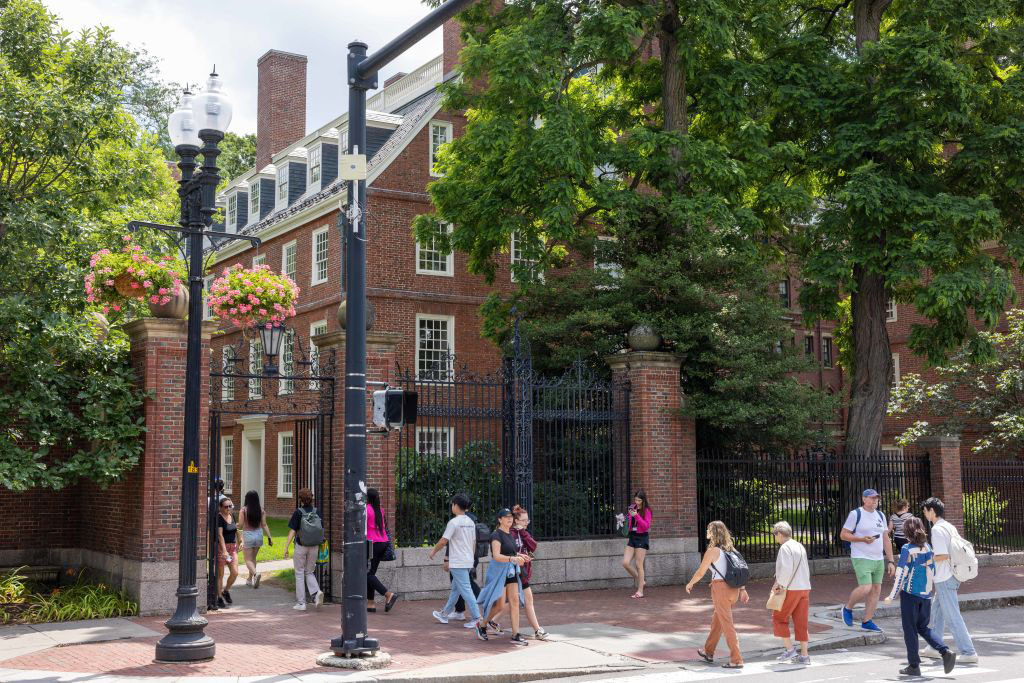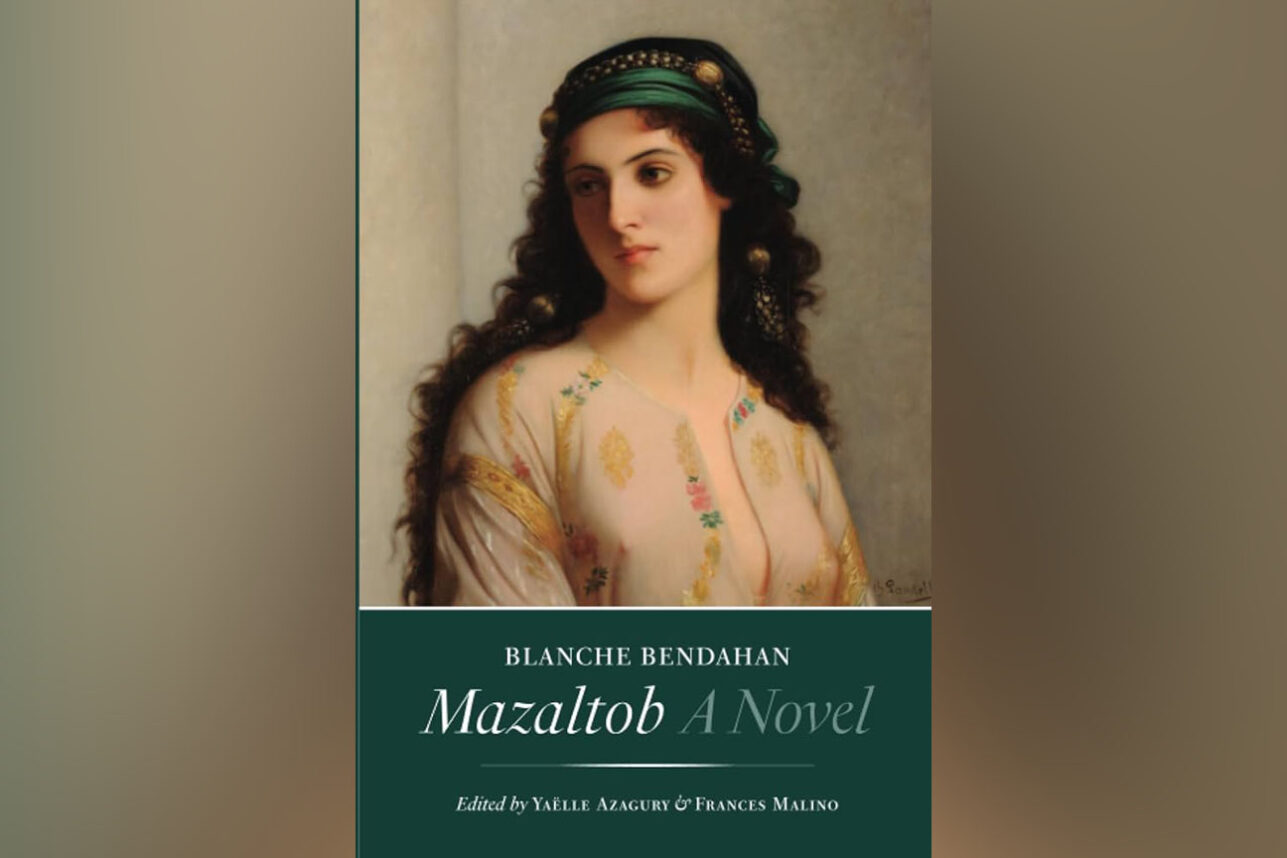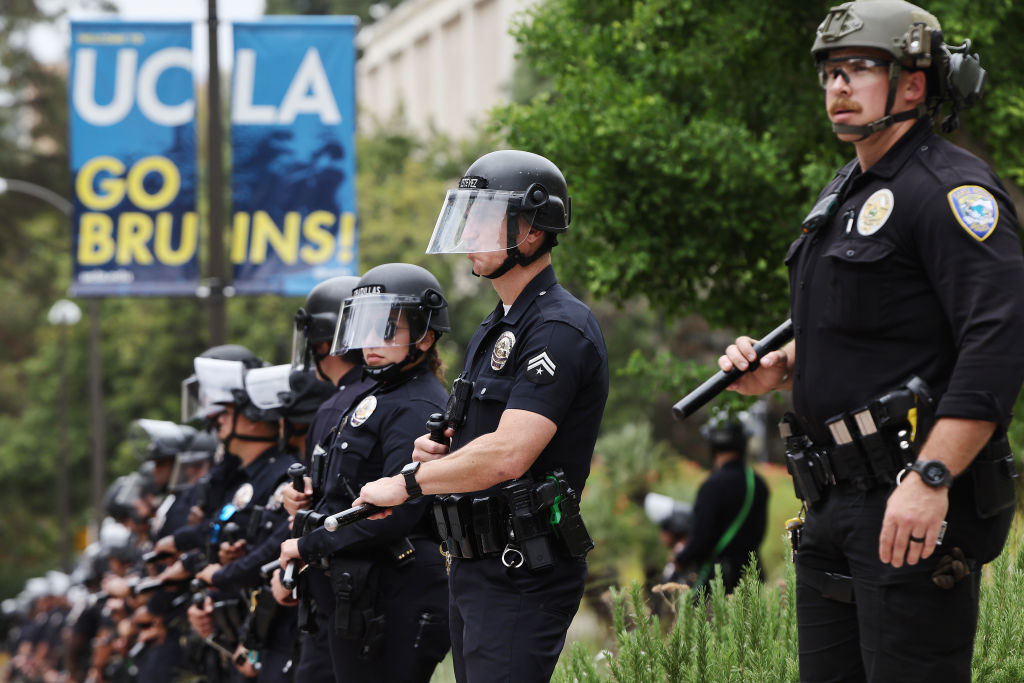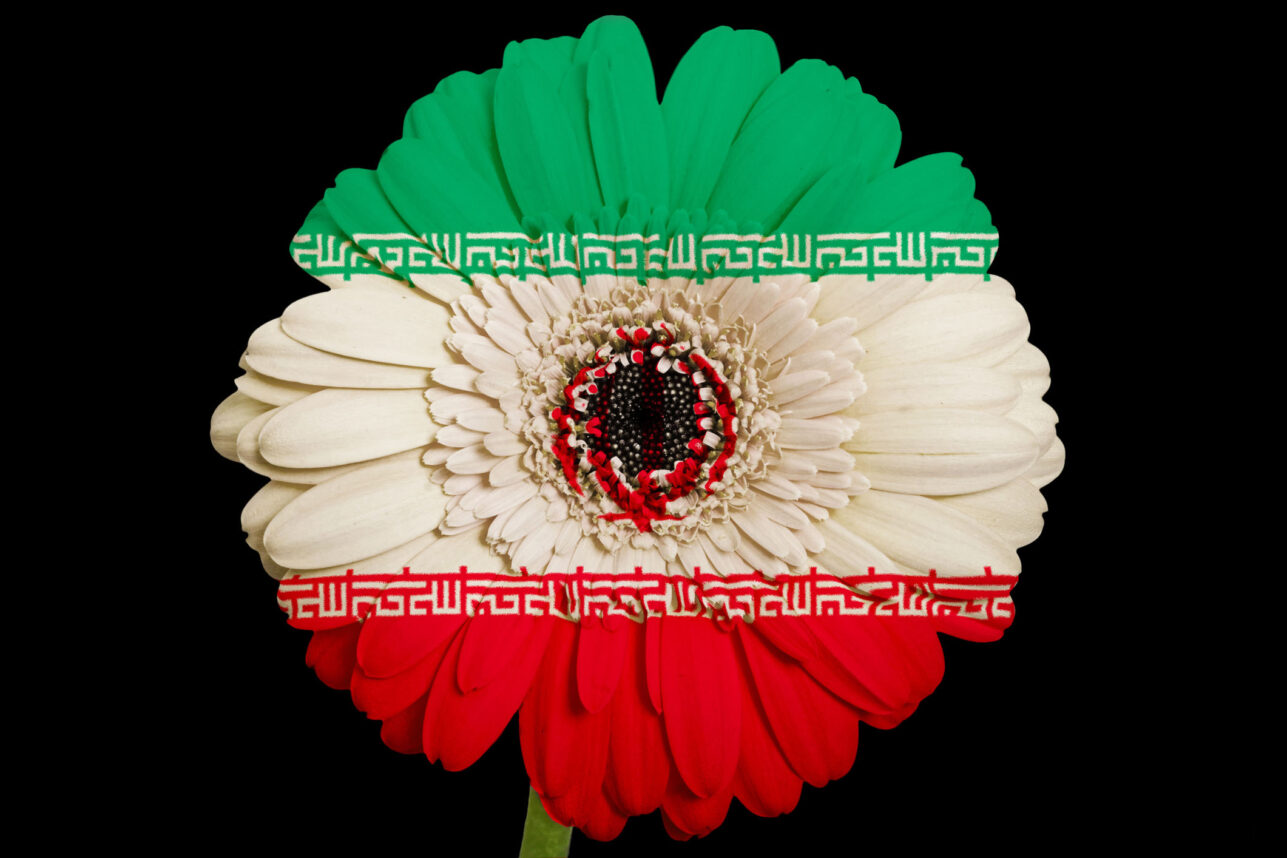 Diana Vyshniakova / EyeEm
Diana Vyshniakova / EyeEm After paying my dues for 20 years, I am calling it quits with the Authors Guild (AG). Begun in 1912, the Guild does vital work in supporting and protecting authors’ rights, from fair contracts to copyright protection and more. I have personally benefited from their services, including legal advice on a publishing contract and attending various seminars. But like most major cultural organizations and institutions today, the Guild has gone increasingly woke.
First among their stated principles on their website is the ubiquitous “Diversity, Equity, Inclusion, and Accessibility.” They promise “to elevate the voices of Black writers and other writers of color who have too long been suppressed.” But equity shoves equality and merit out the door. It imposes a preordained outcome through preferential treatment for a select group. I stand for equality of opportunity instead.
“Diversity” and “underrepresented voices” never seem to apply to writers like me — traditional, Shabbat-observant Jews, or traditional Christians, for that matter.
I also became fed up with the meaningless cliché of “diversity,” especially used among a group of writers, who should appreciate how important it is to use words with precision. In today’s cultural landscape, it’s laughable how many book, short story journal, and magazine publishers seek submissions from “diverse” or “underrepresented” voices when they really just mean “people of color” or those representing the rainbow coalition of sexual preferences. “Diversity” and “underrepresented voices” never seem to apply to writers like me — traditional, Shabbat-observant Jews, or traditional Christians, for that matter. (However, if you have an Orthodox-bashing memoir in the works, they’ll probably want to see your first fifty pages ASAP.)
AG programs have overwhelmingly featured authors talking about their careers from these communities that are increasingly narrowly defined. Eventually, I tired of never once seeing a single author whose path or story seemed relatable to me.
My tipping point, though, arose from the AG’s relentless alarmism over the issue of “banned books.” It’s true that many school boards and some state legislatures are ramping up efforts to keep certain books out of school and community libraries. The majority of the books targeted are sexually explicit LGBTQ memoirs and novels aimed at a youth audience. The memoir “Gender Queer” often requires parental consent for readers under eighteen. Some books are targeted for removal because they teach white guilt. (Maybe some books are removed because our kids increasingly can’t read, write, or do arithmetic, and some basic skills texts are needed instead.)
In fairness, the AG also opposes attempted book removals by the left, such as those targeting “To Kill a Mockingbird,” but in their written communications, they coyly omit the names of any of the sexually charged books most likely to be pulled from schools and the nature of the complaints against them.
Not allowing a book into a school or community library isn’t the same as “banning” it. These books are readily available for sale with two or three computer clicks.
Not allowing a book into a school or community library isn’t the same as “banning” it. These books are readily available for sale with two or three computer clicks. Many on the left actually love book bans, which are public relations bonanzas. Banned Books Week has been celebrated annually since 1982, and “brings together the entire book community — librarians, booksellers, publishers, journalists, teachers, and readers of all types — in shared support of the freedom to seek and to express ideas, even those some consider unorthodox or unpopular,” according to their website.
In response to an email I sent to the AG over my many frustrations with their policies, I was invited to Zoom with CEO Mary Rasenberger. For starters, I challenged the organization’s use of the word “ban,” which I felt was deeply dishonest. I was pleased that Rasenberger acknowledged that perhaps it wasn’t exactly the right word to convey the situation, and she agreed to raise my concerns at an upcoming meeting with board members.
I also wondered why the AG had shown no similar outrage when Abigail Shrier’s courageous book from 2020, “Irreversible Damage: The Transgender Craze Seducing Our Daughters,” was refused reviews; refused advertising space by Amazon; and yanked from the shelves at Target in response to two Twitter rants. The American Booksellers Association apologized for the “serious, violent incident” of sending a paperback copy of the book to members. Rasenberger said she decried any such efforts, but it was notable that she seemed completely unaware of this infamous situation. Perhaps efforts to cancel a writer with conservative views didn’t register on the radar, not considered any real threat to free speech.
I appreciated the chance to speak to the AG’s CEO, mollified to have been heard. Though she and I clearly have starkly different views on many cultural issues, talking is better than not talking, and doing so face to face, even virtually, is better still.
I don’t expect that my arguments will prompt any change in the organization’s policies. I expect that the Authors Guild will continue to march to the drum of Diversity, Equity and Inclusion (DEI). And I expect they will continue to celebrate the plethora of LGBTQ books targeted to young readers (a genre that publishers can’t get enough of). I doubt they will see or find distressing its possible association with the skyrocketing rates of kids who are questioning their gender and causing themselves and their parents deep anxiety, and in some cases, irreparable harm. I doubt they will see or find concerning the lack of titles for the millions of teens who identify as heterosexual and who have traditional religious views. These readers also crave understanding. They also deserve to see relatable literary protagonists on the page, perhaps now as never before.
It is like this throughout the journalism and publishing world, though I believe slivers of light are beginning to shine through. Wokeism is exhausting. More people like me are finally willing to make small (or big) breaks with cultural arbiters, saying: I’ve had enough.
Judy Gruen’s most recent book is “The Skeptic and the Rabbi: Falling in Love with Faith.”






















 More news and opinions than at a Shabbat dinner, right in your inbox.
More news and opinions than at a Shabbat dinner, right in your inbox.